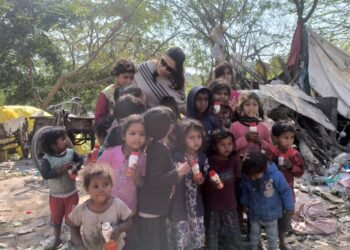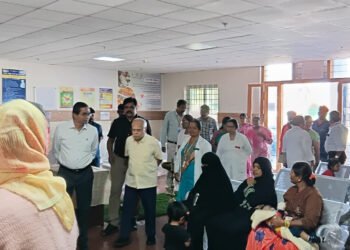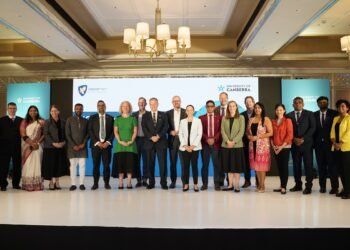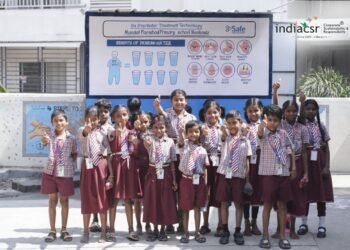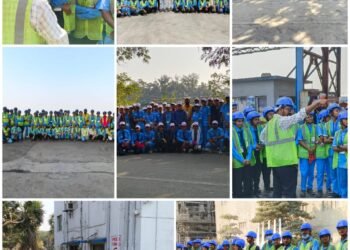NARMADAPURAM: CBM India, in partnership with SBI Foundation, has launched a three-year initiative to provide therapeutic and educational support to 200 children with disabilities in Narmadapuram district of Madhya Pradesh. The programme was formally inaugurated in Narmadapuram and will cover Narmadapuram and Babai blocks, identified for their acute need for disability-related services.
Officials said while many children with disabilities are enrolled in schools, they continue to face barriers such as lack of assistive devices, therapy services and inclusive learning environments. Families often struggle to access information or afford private care. CBM India already has a presence in both blocks through previous community projects, enabling smoother implementation.
Under the project, two inclusive therapy centres have been established—an expanded unit in Narmadapuram and a new facility in Babai. These centres will provide physiotherapy, occupational therapy and speech therapy sessions. Each child will undergo a comprehensive assessment to prepare an individualised intervention plan. For those unable to travel, therapists and special educators will deliver home-based support aimed at improving mobility, communication and daily living skills.
The project also envisages distribution of 200 customised assistive devices including cerebral palsy chairs, orthotics and walkers. In addition, community-based learning groups bringing together children with and without disabilities will be introduced to promote inclusive education.
Speaking on the occasion, SBI Foundation Managing Director Sanjay Prakash said the programme is about “delivering practical support that can make a real difference in a child’s life—whether it is through a speech therapy session, the right assistive device, or help with schoolwork.” He added the initiative aligns with the Foundation’s Centre of Excellence for Persons with Disabilities, which seeks to improve access to services.
CBM India Executive Director Sony Thomas said children with disabilities in rural areas face severe access challenges due to distance, cost and shortage of professionals. “Through this initiative, we are working to change that by bringing services closer to home, supporting caregivers and building local capacity,” he said.
To strengthen the ecosystem, the programme will train 100 grassroots workers and teachers in early identification and inclusive practices. Around 400 parents are also expected to benefit from counseling and guidance sessions aimed at improving family participation in child development.
The partnership, stakeholders said, represents a significant step toward removing barriers that have long prevented children with disabilities in rural Madhya Pradesh from receiving timely and quality support.
(India CSR)





